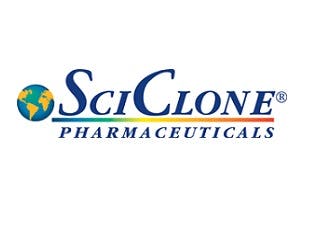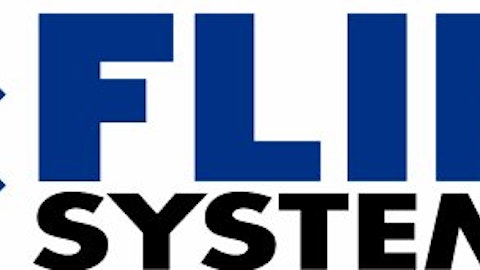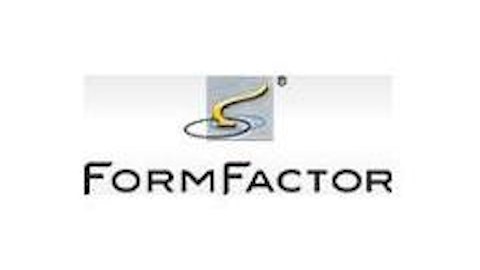SciClone Pharmaceuticals, Inc. (NASDAQ:SCLN) shareholders have witnessed a decrease in support from the world’s most elite money managers of late.
If you’d ask most market participants, hedge funds are assumed to be underperforming, old investment tools of yesteryear. While there are over 8000 funds trading at present, we look at the top tier of this club, about 450 funds. It is estimated that this group oversees the lion’s share of all hedge funds’ total asset base, and by monitoring their best stock picks, we have uncovered a number of investment strategies that have historically beaten the broader indices. Our small-cap hedge fund strategy beat the S&P 500 index by 18 percentage points annually for a decade in our back tests, and since we’ve began to sharing our picks with our subscribers at the end of August 2012, we have outpaced the S&P 500 index by 23.3 percentage points in 8 months (see all of our picks from August).

Consequently, let’s take a look at the recent action encompassing SciClone Pharmaceuticals, Inc. (NASDAQ:SCLN).
How have hedgies been trading SciClone Pharmaceuticals, Inc. (NASDAQ:SCLN)?
At the end of the first quarter, a total of 12 of the hedge funds we track were long in this stock, a change of -8% from one quarter earlier. With the smart money’s sentiment swirling, there exists a few noteworthy hedge fund managers who were increasing their stakes considerably.
Of the funds we track, Cliff Asness’s AQR Capital Management had the largest position in SciClone Pharmaceuticals, Inc. (NASDAQ:SCLN), worth close to $3.4 million, comprising less than 0.1%% of its total 13F portfolio. Coming in second is Nantahala Capital Management, managed by Wilmot B. Harkey and Daniel Mack, which held a $1.2 million position; 0.2% of its 13F portfolio is allocated to the stock. Remaining hedge funds with similar optimism include Israel Englander’s Millennium Management, John Overdeck and David Siegel’s Two Sigma Advisors and Peter Algert and Kevin Coldiron’s Algert Coldiron Investors.
Due to the fact that SciClone Pharmaceuticals, Inc. (NASDAQ:SCLN) has faced falling interest from the smart money, it’s easy to see that there is a sect of hedgies that elected to cut their entire stakes last quarter. At the top of the heap, Neil Chriss’s Hutchin Hill Capital dropped the largest position of all the hedgies we key on, totaling close to $0.3 million in stock., and Steven Cohen of SAC Capital Advisors was right behind this move, as the fund cut about $0.1 million worth. These transactions are interesting, as total hedge fund interest fell by 1 funds last quarter.
How have insiders been trading SciClone Pharmaceuticals, Inc. (NASDAQ:SCLN)?
Insider purchases made by high-level executives is particularly usable when the company in question has seen transactions within the past six months. Over the last half-year time period, SciClone Pharmaceuticals, Inc. (NASDAQ:SCLN) has seen 1 unique insiders buying, and zero insider sales (see the details of insider trades here).
With the returns demonstrated by the aforementioned tactics, everyday investors should always monitor hedge fund and insider trading sentiment, and SciClone Pharmaceuticals, Inc. (NASDAQ:SCLN) applies perfectly to this mantra.




